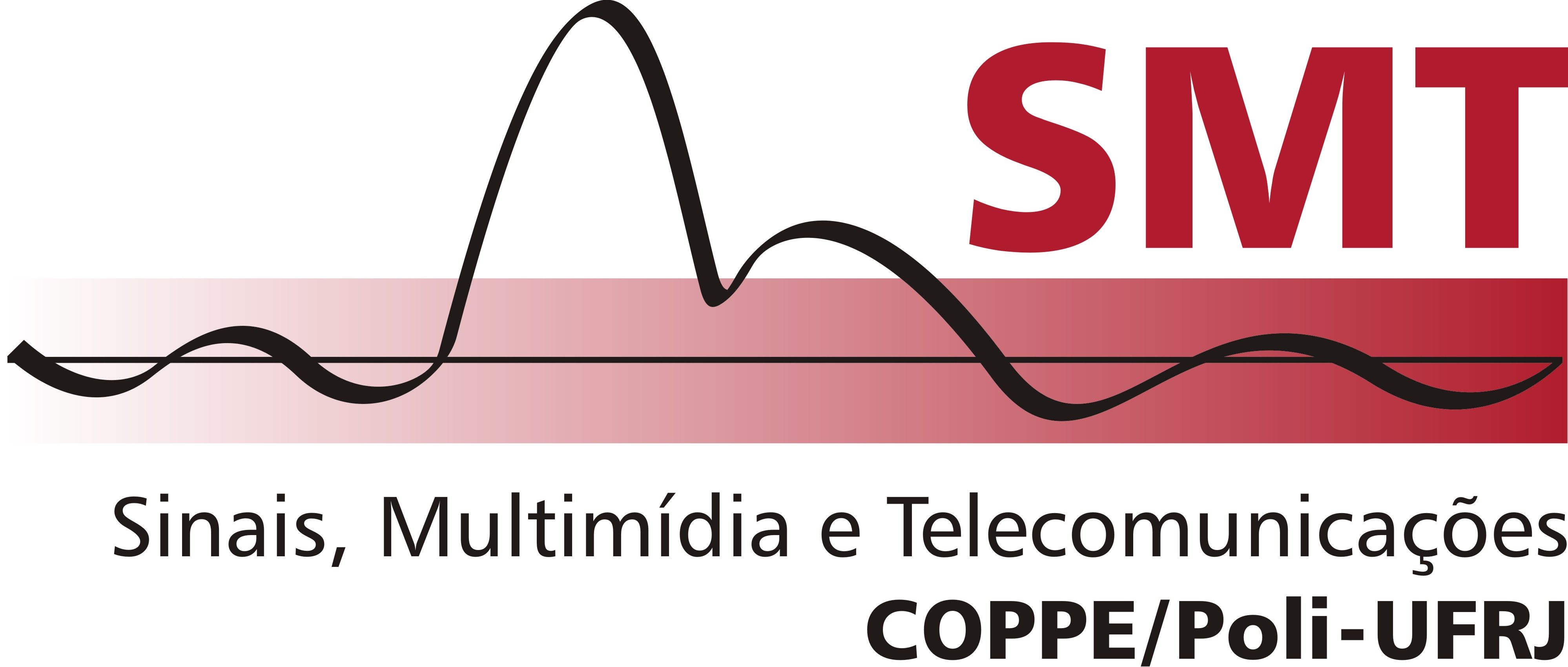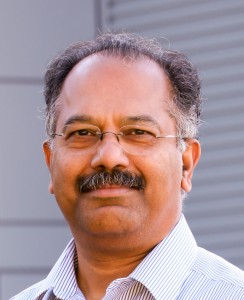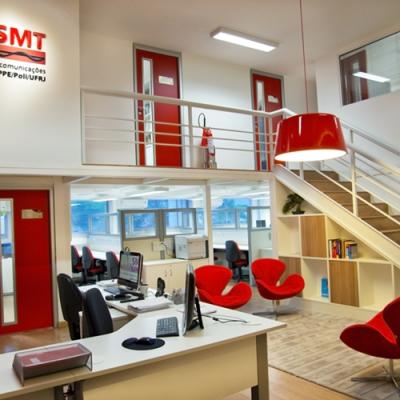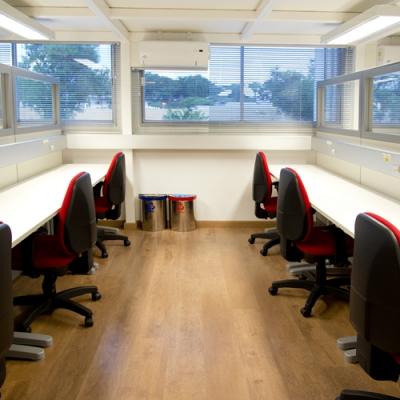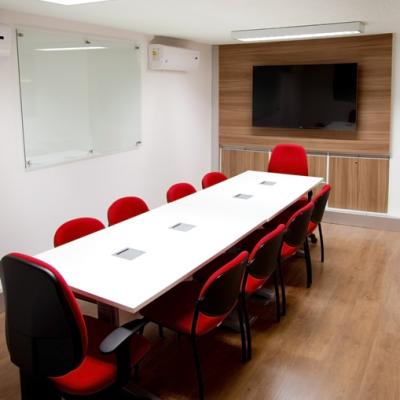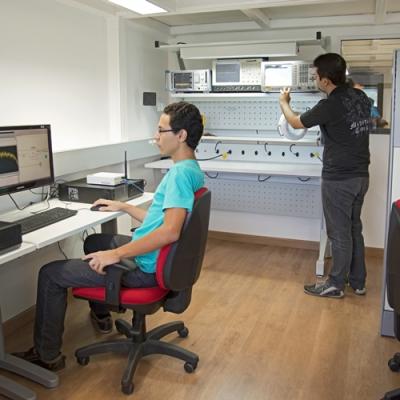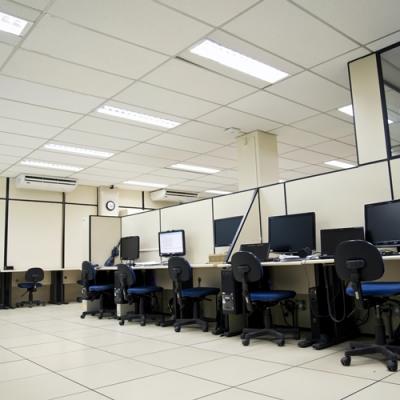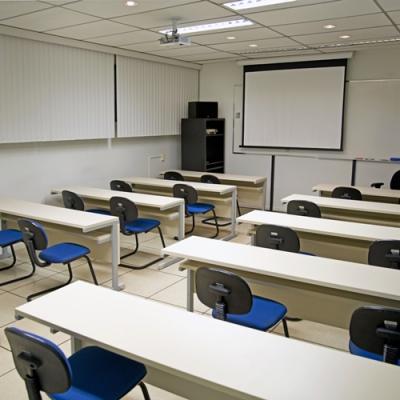Prof. V. John Mathews
Department of Electrical and Computer Engineering, University of Utah, UT
Date: 06/04/2014
Time: 14:00 p.m
Local: Centro de Tecnologia, Bloco I - Room 146 (SMT II)
Bio:
Dr. V. John Mathews is a Professor of Electrical and Computer Engineering at the University of Utah. His research interests are in nonlinear and adaptive signal processing and application of signal processing techniques in audio and communication systems, biomedical engineering, and structural health management. He chaired the department of Electrical and Computer Engineering at the University of Utah during 1999-2003. Dr. Mathews is a Fellow of IEEE. He served as the Vice President (Finance) of the IEEE Signal Processing Society during 2003-2005 and the Vice President (Conferences) of the Society during 2009-2011. He is a past associate editor of the IEEE Transactions on Signal Processing, and the IEEE Signal Processing Letters and the IEEE Journal of Selected Topics in Signal Processing and currently serves on the editorial board of the IEEE Signal Processing Magazine. He was a recipient of the 2008-09 Distinguished Alumnus Award from the National Institute of Technology, Tiruchirappalli, India, and the Utah Engineers Council's Engineer of the Year Award in 2011. He serves now as a Distinguished Lecturer of the IEEE Signal Processing Society for 2013 and 2014.
Sobre a Palestra:
This talk provides a tutorial introduction to nonlinear signal processing with emphasis on equalization of nonlinear distortions in practical problems and adaptation of nonlinear system models. In the first part of the talk, we will discuss efficient approaches to inversion and equalization of a broad class of nonlinear systems. We will start by looking at exact inverses of nonlinear systems, but stable implementations of such systems may not exist. We will then derive approximate equalizer architectures that are systolic and operate in a stable manner. Examples of applying the equalizers in audio applications will also be shown. The second part of the talk will overview adaptive algorithms for identifying linear-in-the parameters nonlinear systems. Among the approaches discussed will be a method whose computational complexity involves a single multiplication and two additions per input sample, regardless of the complexity of the model.


